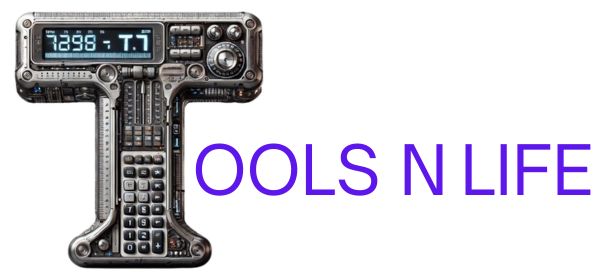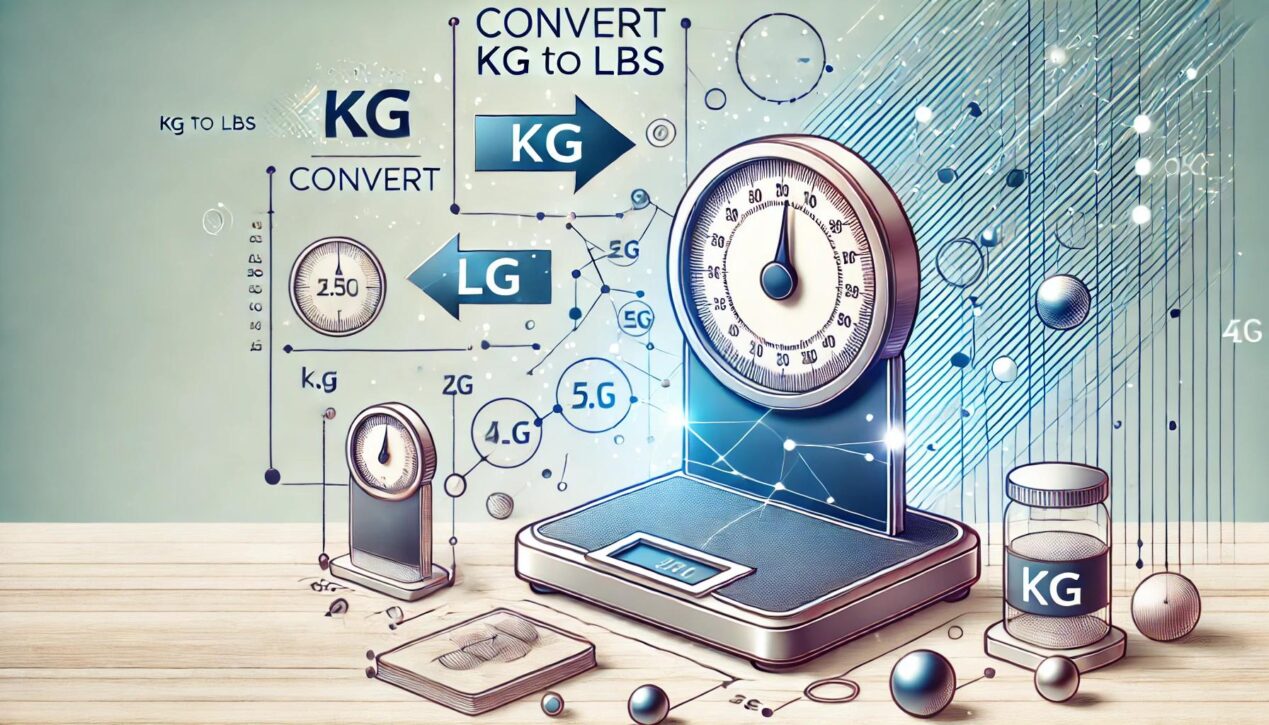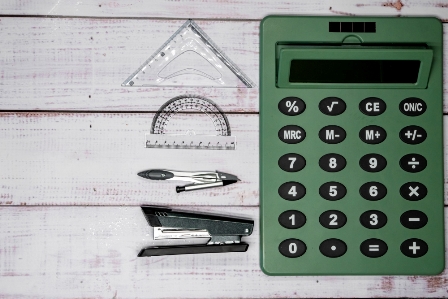Understanding Kilograms to Pounds Conversion
As an experienced measurement specialist with over 15 years in the field, I’ve helped thousands of people accurately convert between measurement systems. In this comprehensive guide, you’ll not only find our easy-to-use converter but also gain practical knowledge about these units that you can apply in everyday situations.
What are Kilograms and Pounds?
Kilograms (kg) represent the base unit of mass in the International System of Units (SI), used by most countries worldwide. One kilogram is defined by the International Bureau of Weights and Measures as equal to the mass of the international prototype kilogram, a platinum-iridium alloy cylinder stored in France.
Pounds (lbs) constitute a unit of mass commonly used in the United States customary and British imperial systems. Historically, the pound referred to a tower pound of sterling silver in England, but today it’s legally defined as exactly 0.45359237 kilograms.
The Conversion Formula Explained
The mathematical relationship between kilograms and pounds follows a precise formula:
Pounds = Kilograms × 2.20462
Kilograms = Pounds ÷ 2.20462
This conversion factor (2.20462) represents the exact number of pounds in one kilogram. The value derives from the international agreement that established the exact relationship between the pound and kilogram in 1959.
Practical Conversion Table
For quick reference, here’s a conversion table for common weights:
| Kilograms (kg) | Pounds (lb) |
|---|---|
| 0.5 kg | 1.10 lb |
| 1 kg | 2.20 lb |
| 2 kg | 4.41 lb |
| 5 kg | 11.02 lb |
| 10 kg | 22.05 lb |
| 20 kg | 44.09 lb |
| 50 kg | 110.23 lb |
| 100 kg | 220.46 lb |
Real-World Applications
Understanding kilogram to pound conversion proves essential in numerous situations:
- Fitness and Health: Tracking weight loss or gain when using equipment with different measurement systems
- Travel: Understanding baggage weight limits when flying internationally
- Cooking: Following recipes that use different measurement systems
- Commerce: Understanding product weights when purchasing goods from international suppliers
- Sports: Boxing and weightlifting often use pounds in some countries and kilograms in others
Accuracy Considerations
While our converter uses the precise conversion factor of 2.20462, different contexts may require different levels of precision:
- For everyday use, rounding to 2.2 often suffices
- Scientific applications require the full precision of 2.20462
- Medical dosages might demand even more precise conversions
Historical Context
The relationship between kilograms and pounds has evolved throughout history. The modern standard wasn’t established until 1959, when English-speaking countries agreed to define the pound as exactly 0.45359237 kilograms. Before this agreement, slight variations in the pound existed between different countries and even different industries within the same country.
Tips for Mental Calculation
For quick estimations without a calculator:
- Double the kilogram value and add 10% of the original value
- Example: For 20 kg → (20 × 2) + (20 × 0.2) = 40 + 4 = 44 lb (close to the actual 44.09 lb)
- Remember that 1 kg is approximately 2.2 lb, so multiply by 2 and then add a bit more
Pro Tip from Measurement Experts
When precision matters most, always use the exact conversion factor of 2.20462 rather than approximations. For critical applications like medication dosing or scientific experiments, even small rounding errors can compound into significant discrepancies.
Frequently Asked Questions
Why is the conversion factor not a round number?
The conversion factor isn’t round because kilograms and pounds developed independently in different measurement systems. The international agreement that standardized their relationship prioritized maintaining consistency with previous definitions rather than creating a round conversion factor.
How do I convert pounds and ounces to kilograms?
First convert ounces to decimal pounds (16 ounces = 1 pound), then use our converter. For example, 8 pounds 4 ounces equals 8.25 pounds, which converts to approximately 3.74 kilograms.
Which countries use kilograms versus pounds?
Most countries worldwide use kilograms as part of the metric system. The United States, Liberia, and Myanmar primarily use pounds, though even these countries officially recognize the metric system for scientific and many commercial applications.
Master Weight Conversions with Confidence
With this comprehensive guide and our precise conversion tool, you’re now equipped to handle any kilogram-to-pound conversion challenge. Whether you’re tracking fitness progress, preparing international recipes, or managing shipping weights, accurate conversions are at your fingertips.
Ready to put your knowledge into practice? Use our converter at the top of this page for your next conversion need, and bookmark this page for future reference. For specific conversion challenges or questions, consult with measurement professionals in your industry for context-specific guidance.






